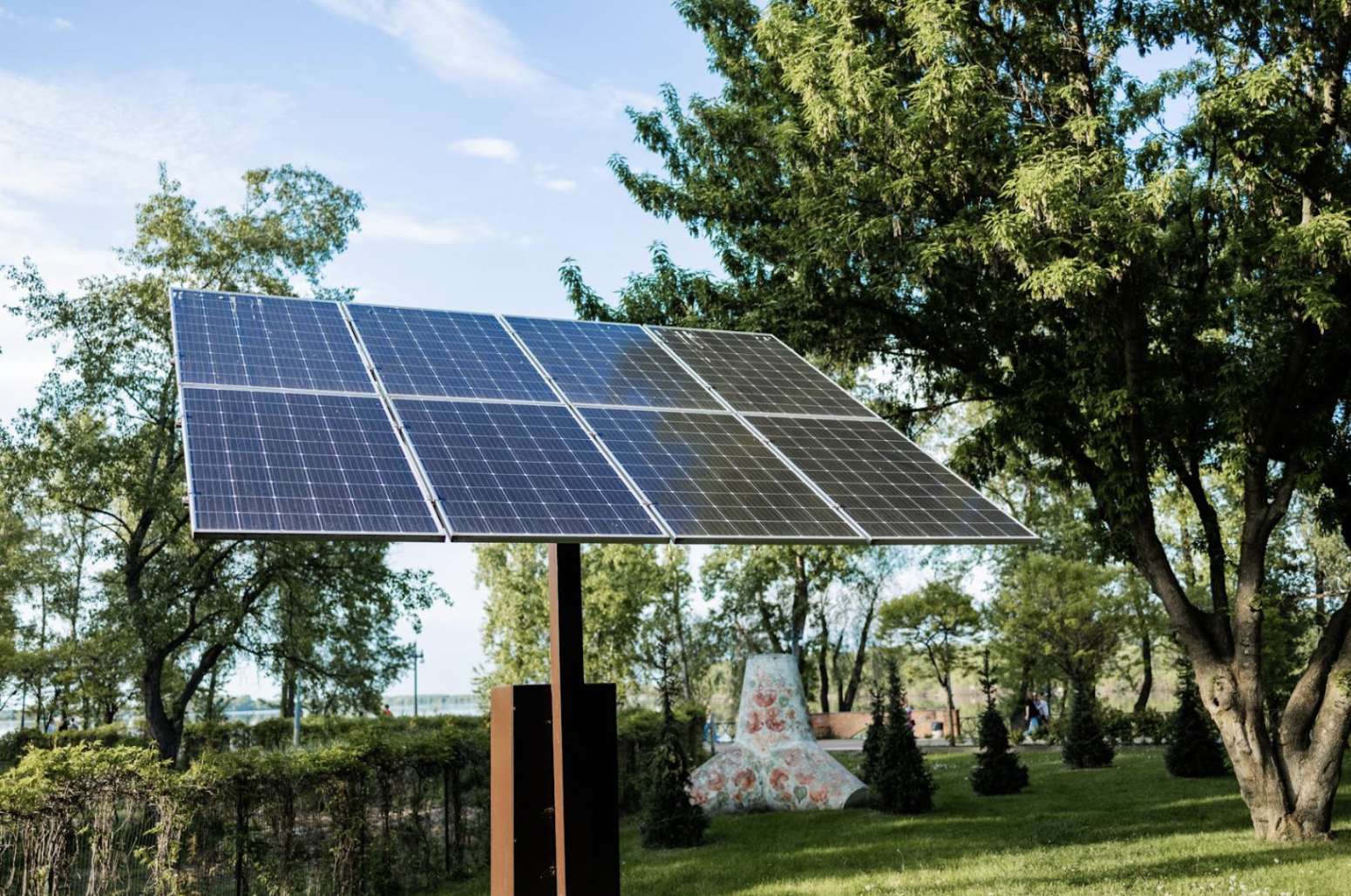One of the most important questions when switching to solar is: “How many solar panels do I need?”
For a detailed technical breakdown, we recommend this helpful guide from GreenMatch: How Many Solar Panels Do I Need?
In this article, we’ll walk you through how to size your solar system and compare it with other energy sources including wind, diesel and gas generators, so you can make an informed decision for your home.
1. How to Calculate the Right Number of Solar Panels
Here’s a simple step-by-step method for estimating the number of panels you need:
- Track your daily electricity usage (in kWh/day).
- Divide by average peak sun hours (typically 4–6 hours/day).
- Adjust for system inefficiencies (~75–80%).
- Select your solar panel wattage (commonly 250–400 W).
- Use this formula:
(kWh/day ÷ sun hours ÷ 0.8) × 1000 ÷ panel wattage
2. Solar vs Wind: Which Is More Practical?
Here’s how solar panels compare with small-scale wind turbines:
- Efficiency: Wind: 20–40%, Solar: 15–23%
- Space Requirements: Wind turbines need open space, solar fits on most rooftops
- Consistency: Wind is variable, solar is more predictable in sunny climates
- Best for: Solar in urban or suburban areas, wind in rural windy zones
3. Solar vs Diesel Generators
Below is a side-by-side comparison to help you weigh up your options:
| Aspect | Solar Panels | Diesel Generators |
|---|---|---|
| Initial Cost | £10,000–£30,000 | £3,000–£15,000 |
| Operating Cost | Minimal (maintenance only) | High (fuel £0.03–£0.05/kWh) |
| Efficiency | 15–23% | 30–40% |
| Emissions | 26–48 g CO₂eq/kWh | 741–820 g CO₂eq/kWh |
| Maintenance | Low, occasional cleaning | Regular, oil and filters |
| Lifespan | 25–30 years (panels) | 10–20 years |
| Reliability | Daylight-dependent, needs storage | Fuel-based, on-demand power |
Summary: Diesel is useful for emergencies, but solar provides cleaner and cheaper energy in the long run.
4. Solar vs Gas Generators
- Upfront Cost: Gas generators (£4,500–£7,000) are cheaper to buy than solar
- Fuel Costs: Natural gas is cheaper than diesel but still subject to price swings
- Emissions: Natural gas is cleaner than diesel but still contributes to carbon emissions
- Efficiency: Solar becomes more cost-effective over time
- Operating Cost: Solar offers nearly free energy once installed
5. Hybrid Energy Example: Galena, Alaska
In Galena, Alaska, a 1.5 MW solar array paired with biomass backup shows the power of hybrid systems. It reduces fuel dependency, supports local jobs and improves energy security. This model works especially well in remote or rural settings.
6. Which Energy Setup Is Right for You?
Here’s how to choose based on your situation:
- Want clean, long-term power? Go solar. Add batteries for night-time use.
- Need immediate backup power? Diesel or gas generators may be more practical short term.
- Looking for the best of both? A hybrid system (solar plus generator or battery) provides 24/7 reliability.
Your decision should factor in:
- Climate and sunlight availability
- Electricity usage patterns
- Roof or outdoor space
- Budget and potential grants
Need help designing your solar setup? Connect with an experienced energy-conscious architect through our platform to plan a sustainable, efficient home energy system tailored to your needs.


